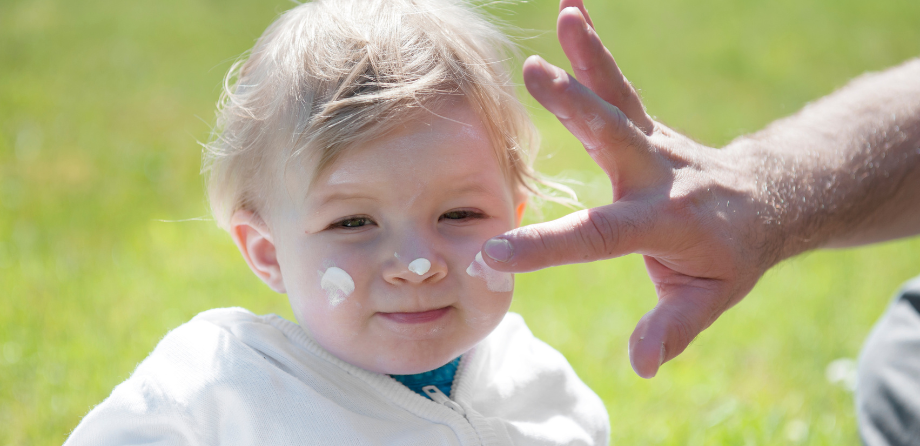
Top tips: Hot weather safety in nursery
While hot weather can impact everyone, young children are especially at risk as they are less able to regulate their body temperature than adults. In warm conditions, it’s crucial for nursery settings to take extra precautions to keep children safe, cool and comfortable. Use these tips to help keep children happy, healthy and protected during hot weather.
Top tips for hot weather safety in nursery
- Stay hydrated – offer water regularly and encourage children to drink, even if they say they’re not thirsty
- Provide shade – set up shaded areas in your outdoor space using fabrics, tents, etc.
- Dress for the weather – communicate with parents to ensure children come in in light, loose-fitting clothes to keep children cool and with hats to protect them from the sun. Remember that long sleeves and trousers protect children from the sun, along with hats which provide sun, ear and neck protection
- Apply suncream – use SPF 50+ suncream and reapply every 2 hours, or more often if children are playing with water. Encourage parents to apply suncream prior to the child’s session. Ensure you have policies and agreements in place for reapplying suncream throughout the day
- Cool indoor spaces – use fans, open windows (safely) and keep curtains/blinds closed to maintain a cool indoor environment
- Limit physical activities – plan calmer activities during peak heat to avoid overheating
- Water play – water play helps keep children cool
- Watch for signs of heat illness – be alert for flushed skin, tiredness, headache and act quickly if symptoms appear
- Remember to follow NHS guidance and keep babies and children out of direct sunshine between the hours of 11am and 3pm
- Inform families – let parents know what you’re doing to keep children safe and how they can support sun safety at home. Share information from the Lullaby Trust and NHS.
NDNA products to support you with this tip
Managing Extreme Weather – P & P Template
Sun safety for children – Blog post
Disclaimer: Activities with children must always be risk assessed, including for allergies or choking. Children must always have adequate supervision. Resources and materials must always be appropriate for children’s age and stage of development.
- MyNDNA
- Tips
Similar Articles
Early years activity: Mini movers obstacle challenge
Here’s a simple, adaptable, mini movers obstacle challenge activity using your everyday nursery equipment. Children…
Read more 
Top tips: Inclusion in action
The reasonable adjustments you make so that all children can access play, learning and routines…
Read more 

